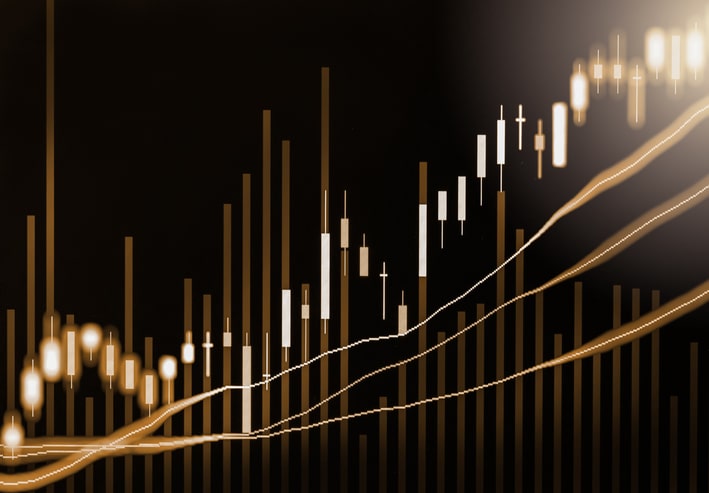UK Inflation Hits 4 Year Low

The UK’s inflation rate has hit a four year low of 0.8% as ongoing coronavirus measures force the economy into an inevitable recession. According to the Office of National Statistics (ONS), which tracks the general inflation level of the country, specific lockdown measures have caused inflation to freefall, with oil prices and transport costs plummeting as usage continues to decrease.
This makes it the weakest set of inflation figures since April 2016.
No Specific Causes
Though it is difficult to pinpoint just what caused inflation to drop so dramatically, the ONS has suggested that surprise fluctuations in pricing in key markets like energy, groceries, oil, transport and manufacturing were major factors into the sudden change.
With the coronavirus lockdown in effect across the world, many countries have reported low-levels of public transport usage, which sent the price of oil into a downward spiral in April.
However, there is one glimmer of hope – the decrease in inflation was not as intense as some economists predicted.
Early estimates suggested that inflation would drop to 0.9%. However, it only adds to the growing worry, which has echoed by Chancellor Rishi Sunak, that the UK is about to experience a recession unlike any that has come before.
Core Rate
The core rate – which includes food prices – dropped to 1.4%
The inflation rate in the UK is calculated by recording the prices of goods and services and how the numbers differ over the years.
As a global community, the world economy is in an unprecedented time, so it’s likely that headlines like these will become a common occurrence over the next few months and potentially years.
The UK is not the only country which has seen inflation decrease over the last eight weeks – Eurostat announced that the Eurozone’s general inflation rate had decreased to 0.3%, the lowest rate in four years for the bloc.
Now, the Bank of England is under increased pressure to take serious action to try and stabilise the economy in any way they can – perhaps most significantly, lowering interest rates to below zero for the first time. If the country is faced with continued depressing inflation, the Bank may have little choice but to take drastic measures to avoid complete economic collapse.